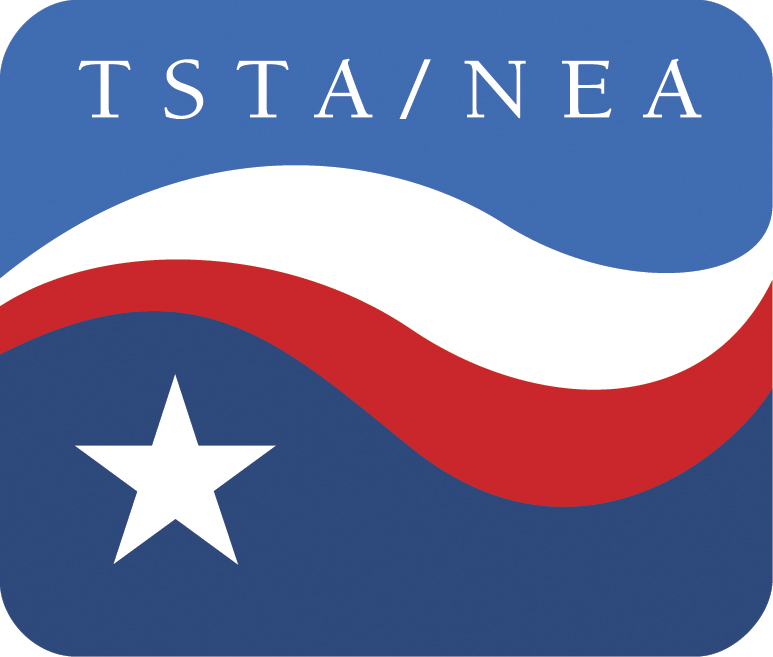You can be optimistic about pre-K, but…
Recent news articles about the Texas Education Agency report recommending limited class sizes for pre-K generated a lot of positive buzz, as it should have, but here is a belated spoiler alert. The TEA’s consultants don’t reflect the short-sighted attitudes of many Texas legislators and may not even have the support of Gov. Greg Abbott, who gives himself more credit as a pre-K advocate than he deserves.
The governor and the Legislature will decide the fate of the recommendations, which include limiting class sizes to 22 students and limiting student-to-teacher ratios to 11-to-1 for classes that have more than 15 students. The recommendations follow research that repeatedly has demonstrated the value of small class sizes in improving the educational environment for young children. TSTA also has long advocated for smaller classes and the funding to pay for them.
Strangely enough, the state’s 22-1 limit on class sizes for grades K-4 – which is widely circumvented anyway — doesn’t apply to pre-K, and it is no sure thing that this report will change that. The Dallas Morning News story linked below explains some of the political obstacles, but it may be behind a pay wall for many readers.
Smaller class sizes will require more funding, and Gov. Abbott and the legislative majority have a history of opposing adequate funding for public schools, preferring instead to over-test kids and experiment with privatization.
Gov. Abbott allegedly made “quality” pre-K a “priority” during the 2015 legislative session, but his real priority was cutting taxes. Abbott signed tax cuts worth $3.8 billion (with a b), while his pre-K “priority” limped out of the legislative session with a $116 million appropriation that didn’t even replace all the pre-K funding that had been lost during the 2011 education budget cuts. Many districts found the individual grants so small for their needs that they didn’t even bother to apply for one.
As the Dallas News’ article points out, some members of the Senate Education Committee are openly hostile to pre-K, and some of Lt. Gov. Dan Patrick’s tea party supporters consider the program “Godless.”
Meanwhile, the same senators will eagerly entertain a discussion at next week’s Education Committee meeting about how to drain tax dollars from public schools for vouchers and other privatization schemes – not invest them in pre-K classrooms, where they can actually do some good.
